Félicité: An interview with star Véro Tshanda Beya Mputu
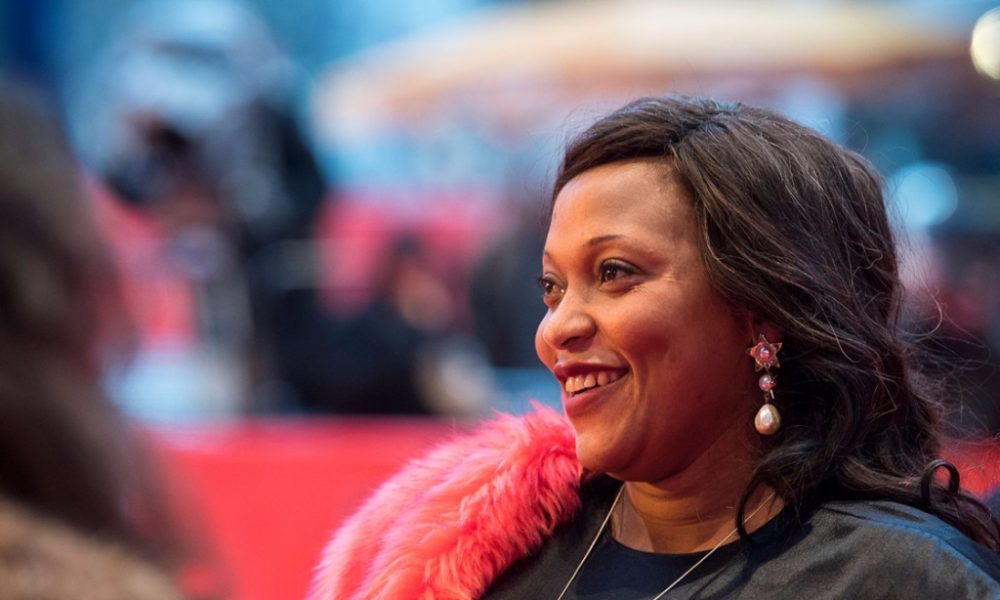
Félicité is an unexpected treat, a film that could so easily become downbeat and yet bristles with energy. Véro Tshanda Beya Mputu plays the title character, a nightclub singer in Kinshasa, the capital of the Democratic Republic of the Congo (a region not seen so often on the big screen). Félicité’s life implodes when her son is involved in an accident, and she needs to use all her powers of persuasion to get him the best possible care. We sat down with Véro at the 2017 Berlin International Film Festival, and talked about how she got under such a complex character’s skin.
In some ways, Félicité is a difficult person to like, even though her story is interesting to watch. What were your first impressions of her as a character when you read the script?
I was really proud and excited to read the script, and to play such a strong and independent woman who didn’t need a man by her side.
She can be a difficult woman, did this make her difficult to play?
In the beginning it was extremely difficult for me, but I was very well coached by Alain Gomis, our director. Day by day, it became easier to do. I’m very different from Félicité in my private life, but gradually I became more and more like my character.
What was it like doing a lot of your filming on the streets of Kinshasa?
People are really not used to seeing a film crew at work on the streets of Kinshasa, so it was actually really weird sometimes. Because to play the role, I had to act like someone a bit odd, even crazy. I mean, I was crying sometimes for some scenes and people on the street who didn’t know we were shooting a movie came up to me while we were actually filming and asking me if I was OK, and if there was anything they could do for me. People were passing by the camera crew as well and wondering what was going on, because yes, people in Kinshasa were just not used to it. People wanted to help me, and the fact that we were actually making a movie was confusing for some people.
How do you think the film will be received when it is screened in the Democratic Republic of the Congo, will people be interested to see a story depicting their own country and culture on the big screen?
I hope people will love the movie in the Congo, because they will maybe see themselves in it, in a way. The film deals with the character of Félicité and all the other characters, but it’s also talking about the country, and the people of the country. This makes me proud, and I hope, and am sure, that the people of the Congo will love to see this story in the cinema.
Do you know of anyone similar to Félicité, and did this help you to prepare for the role?
I do know a lot of people who are similar to Félicité, who have a similar temperament. My sister, and I would say that most Congolese women are strong like that, and courageous like that. Women in the Congo are close, because there can be a lot of pain there, and they have to protect themselves from a world of violence. And this helps to build their strong characters. When I read the script, I thought I had to play Félicité by following my feelings and emotions to become this woman. And I of course realised that I was very different from this woman I was playing, but at the same time, because this woman is like a lot of women in the Congo, and when Félicité’s son has that terrible accident, and of course I had to follow my feelings and emotions as Félicité would. Alain Gomis helped me by asking me to do some scenes again and again, trying to make it better each time.
It’s a demanding role, so was it hard to say goodbye to Félicité when shooting was over?
The movie was shot in three parts, in Kinshasa, Senegal, and in Paris. We finished the shoot in Paris, and I really needed to do that slowly. I feel like I became Félicité. Even when I was in my own home, I would be nervous, and strong and proud, and it was like I had to recall myself in a way.
There are some amazing musical numbers in the movie. Did you sing as you usually would, or was there more performance involved?
It was really just an interpretation of the songs – through acting as the character… singing as Félicité.
Oliver Johnston
Read our review of Félicité here.
For further information about the 67th Berlin Film Festival visit here.
Read more reviews from the festival here.
Watch the trailer for Félicité: An interview with the star Véro Tshanda Beya Mputu here:



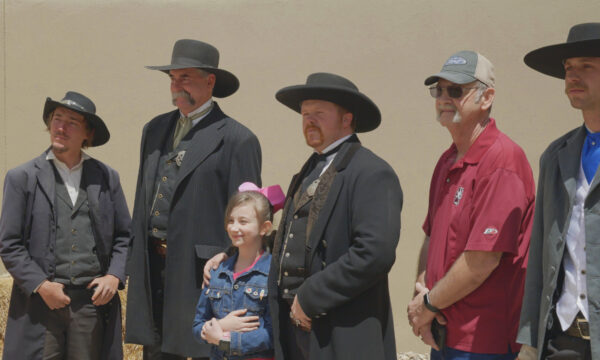
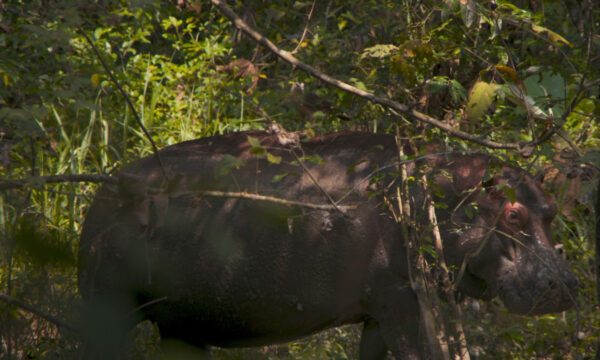
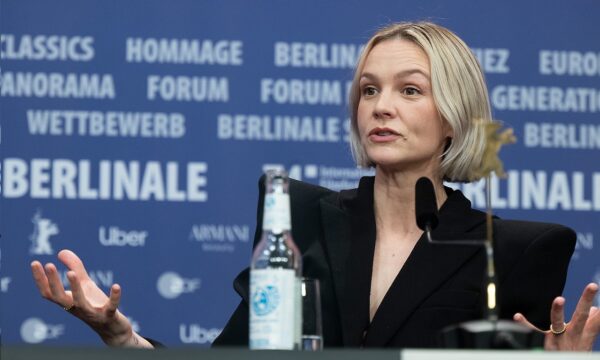
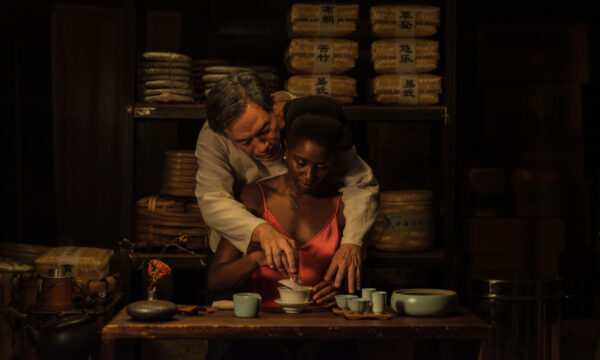
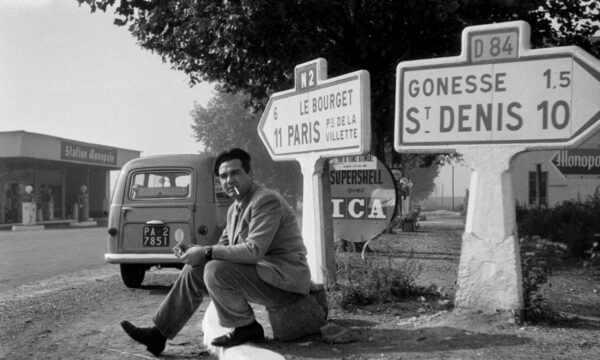
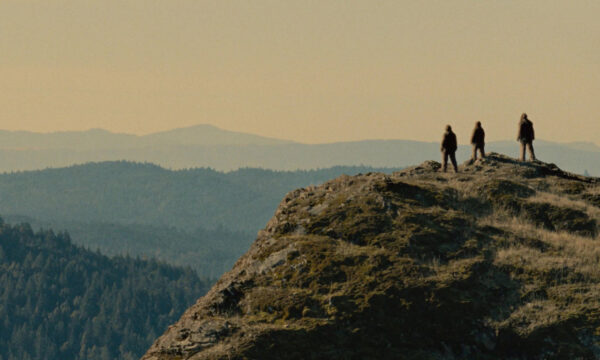
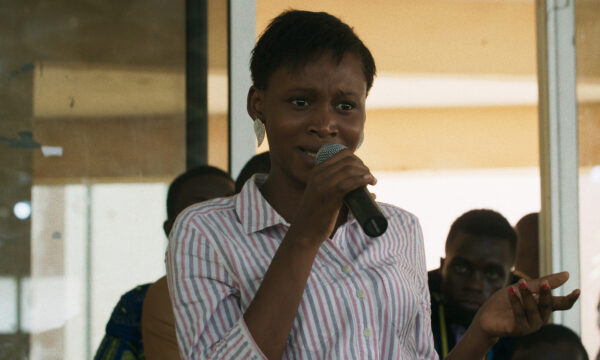








Facebook
Twitter
Instagram
YouTube
RSS